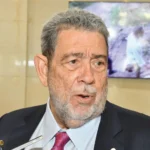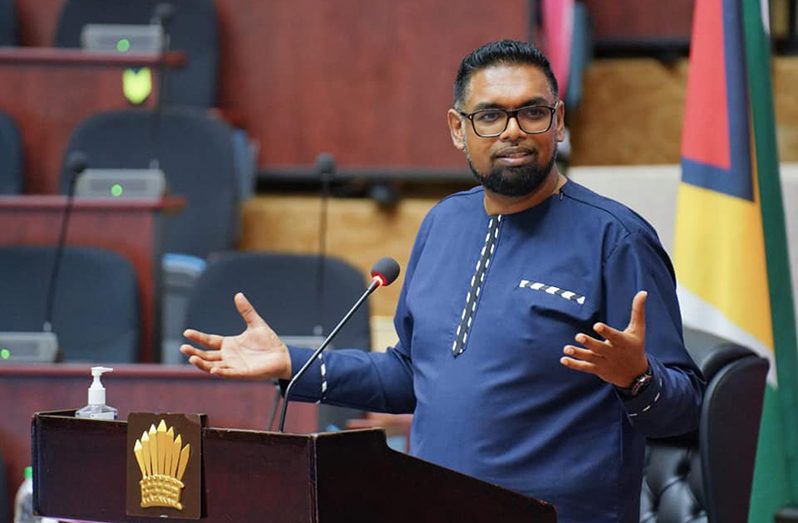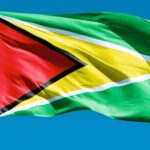(INEWS)Noting that there are already “shelves of studies” on how to achieve food security in the Caribbean Community (CARICOM), President Dr. Irfaan Ali has urged more of a focus from multi-lateral institutions like the World Bank on action and implementing food security strategies.
While participating in a Caribbean Association of the World Bank panel discussion, President Ali spoke of the World Bank’s role in the region’s food security efforts. Specifically, the head of state emphasised the importance of the bank playing a more action-oriented role, as opposed to one of studies.
“The adaptation costs for the developing world annually, is estimated at US$150 Million to US$300 Million. We are not asking you to meet any of the adaptation costs. But if you’re talking about food security in a climate resilient environment, then how is it you’re going to help us to acquire the technology and to modernize the agricultural system to address the very issues that you raised.”
“Labour shortages, climate change, the use of new planting materials. How is it you will help us rebuild a cocoa industry that the region has the greatest opportunity of being in an industry that is highly competitive, but one in which we can produce the highest quality of cocoa globally. And we don’t want the world bank to tell us they’re going to do studies.”
According to the President, there are enough studies already on the table on how to tackle food security in a climate resilient way. President Ali expressed the hope that institutions like the World Bank can move away from its primarily evaluation role.
“We have enough literature; we have enough data. The development agencies need to get off of this initial reaction of being study oriented organizations. We have shelves of studies. Most countries. What we need to do now is move to implementation. That is why we’re taking the bull by the horn.”
Mention was also made by the President of Guyana’s integral role in the development of the regional agri-tech campus. This project is being developed along with the Bangalore Bio-innovation Center (BBC) in India, which will see technology transfer.
The BBC, according to its website, is a state-of-the-art translational research and entrepreneurship center catering to all the needs of start-ups in life science located in the city of Bangalore, India. President Ali noted that the project will see technology and crop variety being developed that are catered for the Caribbean region.
“One of the policy initiatives that we’re bring on stream is the agri-tech campus. And we’re working with the Bangalore Center in India and they will be transferring their technology, working with us.”
“And Guyana is going to be putting a lot of financing into this, in developing the regional agro-tech center, that will be dealing with technology applicable to the region. Developing varieties applicable to the region. So, all of this is part of the policy agenda,” President Ali said.
Government’s focus on agriculture is down to the vision of making Guyana the bread basket of the Caribbean and reducing the regional food import bill. Last year, President Dr. Irfaan Ali had declared that his Government would be pursuing an aggressive campaign to dismantle regional barriers to agricultural trade and that in the next four years, with the assistance of more diversified crops, Guyana would aim to reduce Caricom’s food import bill by 25 per cent.
It was reported in February that member states of the Caribbean Community (Caricom) have collectively achieved a significant 57 per cent of the target set to realize “Vision 25 by 2025”. This announcement was made during the first Caricom Ministerial Task Force (MTF) on Food Production and Food Security meeting for 2023.










